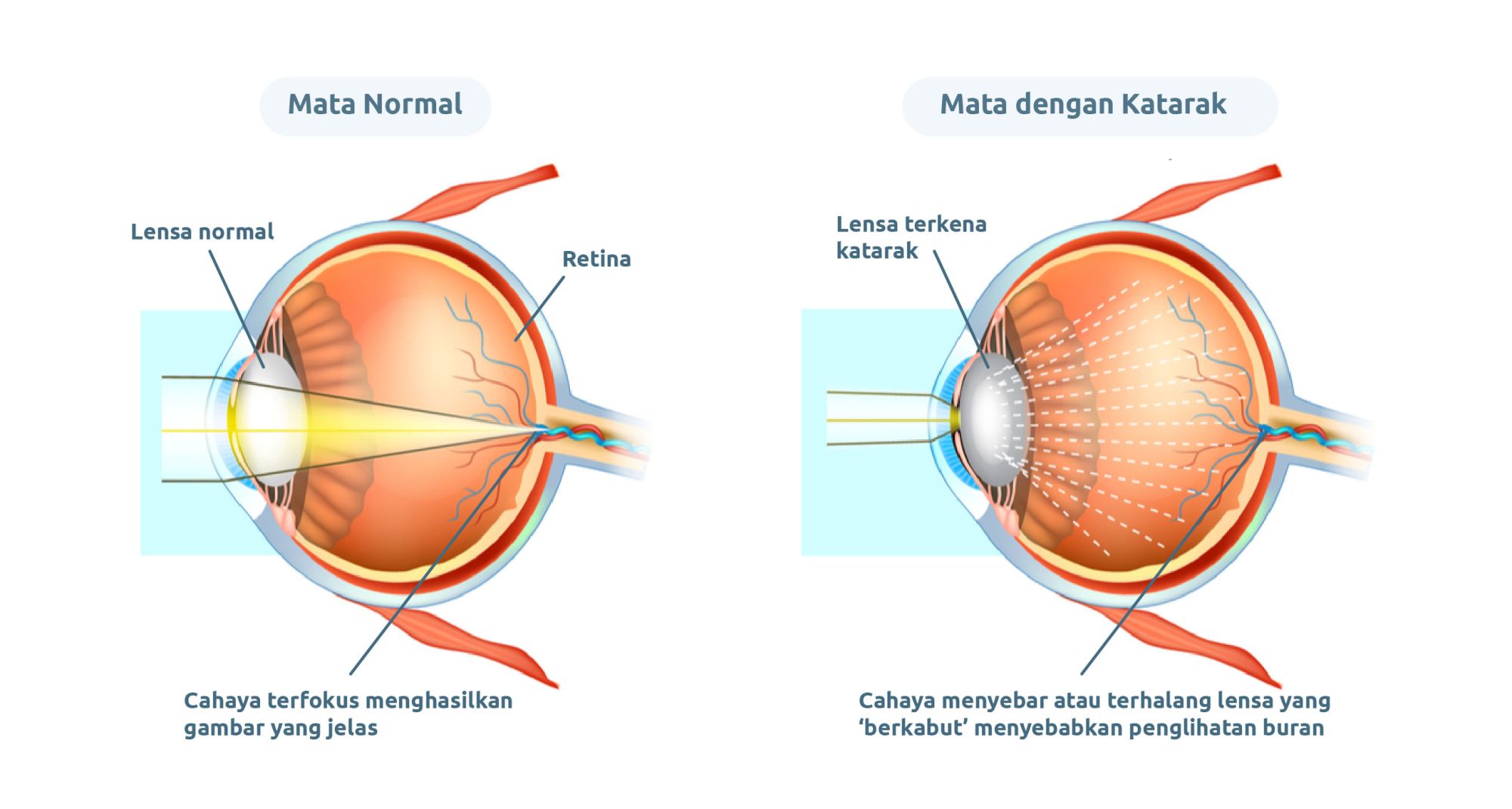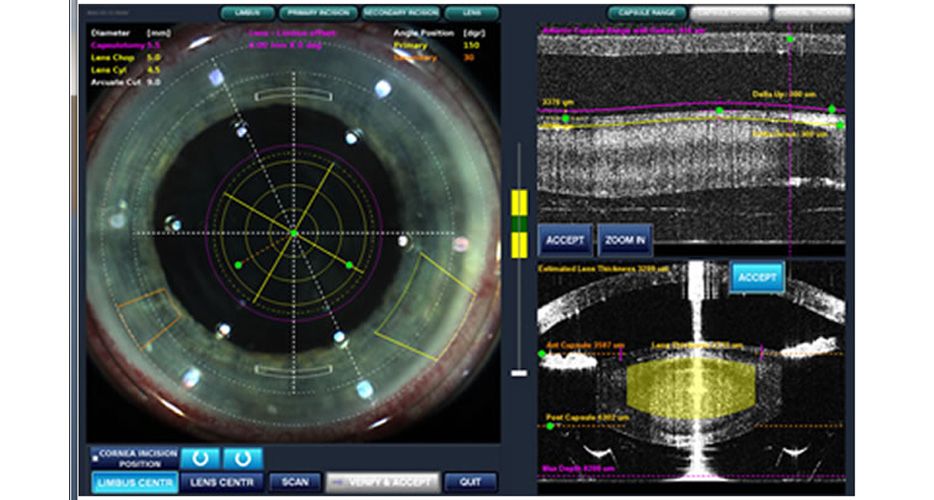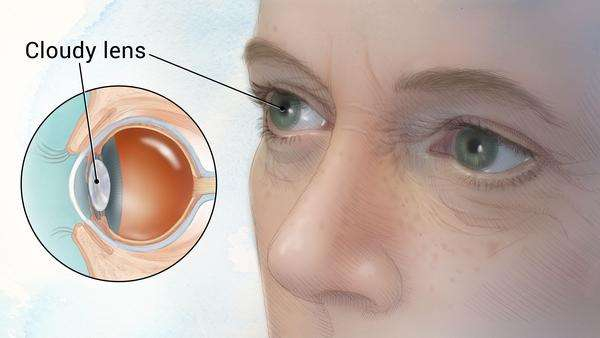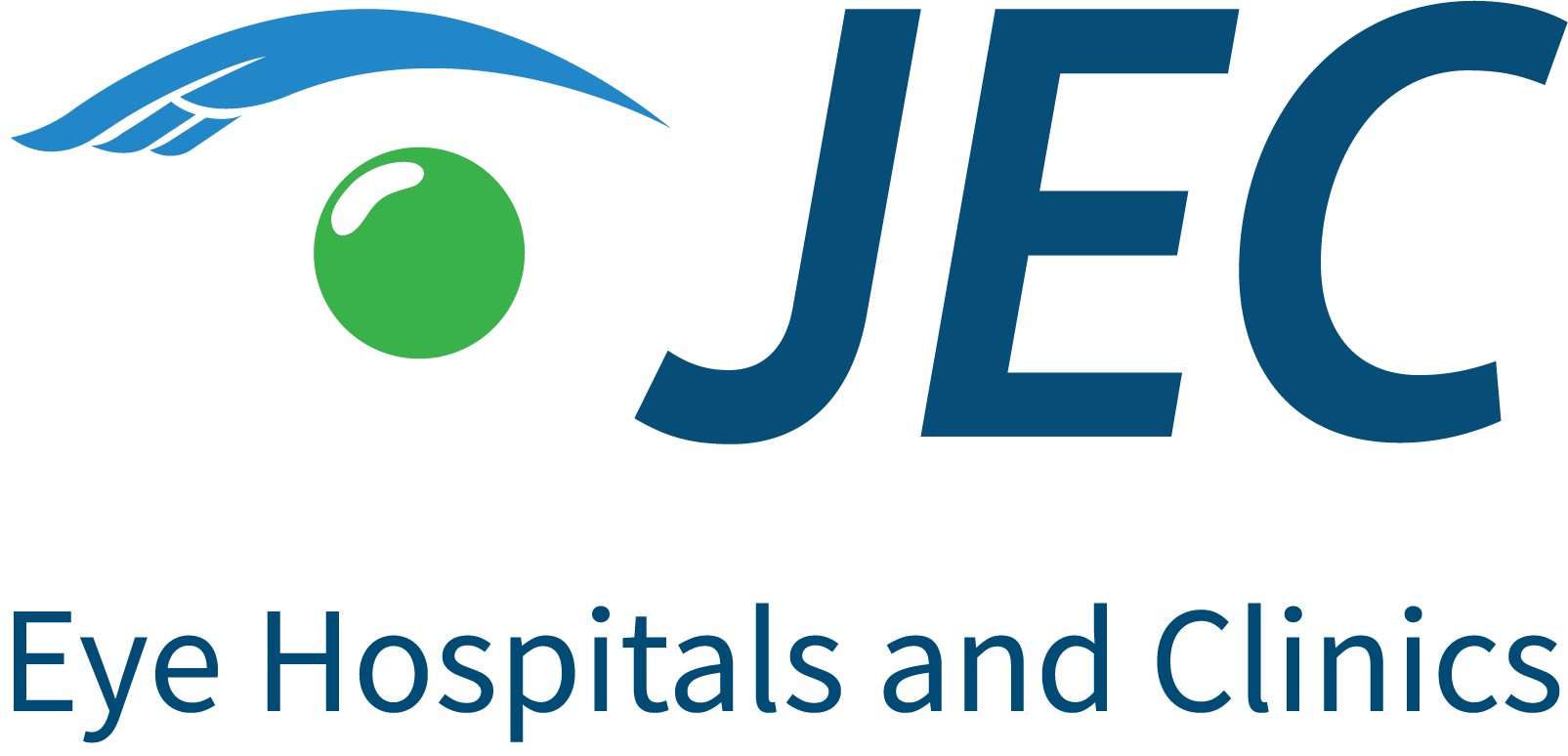Our Services
130,271 views
FLACS (Femtosecond Laser Assisted Cataract Surgery)
The True Laser (No Blade) Cataract Surgery
Indonesia is a tropical country that is lots of sun exposure, this factor is very beneficial for various aspects of people's lives themselves, but it has an unfavorable impact on eye health. Exposure to ultra violet rays from the sun on the eyes every day and without protection can trigger cataracts!
In fact, cataract sufferers in Indonesia themselves rank the highest in Southeast Asia, and the third highest in the world. A survey data even notes that at least the blindness rate in Indonesia reaches 1.5 percent of the total population, of course this is a very high number. This is very concerning considering that Indonesia is often referred to as one of the countries that already has the development of an advanced and modern world of health.
Seeing this fact motivates JEC Eye Hospital to eradicate cataract blindness in Indonesia. Cataract is a change in the eye lens that was previously clear and translucent to become cloudy. Cataracts cause patients to not be able to see clearly because with a cloudy lens light is difficult to reach the retina (the nerve center of vision) and will produce a blurred image on the retina.

Common symptoms of cataracts include:
- Blurred or foggy vision, can't even see at all
- Sensitive to light
- Change glasses often, because the size is easy to change
- In bright conditions, the eyes feel dazzled
- Vision in a dim room is clearer than in a bright room
Most cataracts occur due to a degenerative process. The average age of cataract occurrence is at age 60 years and over. However, cataracts can also occur in babies because the mother was infected with the virus during early pregnancy.
Cataract surgery is generally carried out using the phacoemulsification technique, which is the process of destroying cataracts using high-frequency ultrasound power, which is then drained with water and aspirated out, to be able to insert implanted lenses or Intra Ocular Lens (IOL).
As an eye specialist hospital that always prioritizes the best service for its patients, JEC Eye Hospital presents the latest technological breakthroughs in the field of cataract surgery. If the public is familiar with cataract surgery technology with a scalpel, JEC Eye Hospital offers a modern solution for Femtosecond Laser-Assisted Cataract Surgery (FLACS), the first and only femtosecond laser* cataract surgery technology in Indonesia.

*Femtosecond laser is an infrared beam that has the ability to cut very accurately compared to other laser technologies, with very low heat levels.
FLACS is a breakthrough that improves cataract surgery technology in Indonesia. With a high degree of accuracy, FLACS works quickly, both during the action process and during recovery. FLACS provides safer and optimal cataract surgery results, so that an increase in the quality of vision can be achieved and a better quality of life.
Talking about cataract surgery technology, it can't be separated from implanted lens technology or Intra Ocular Lens (IOL). JEC has a wide selection of embedded lens technology that can complement its own operating technology, including:
- Premium Lens
-
Multifocal Lens
The advantage is that your far and medium vision, especially the activity of using a computer, is no longer disturbed. Can reduce bias better than Monofocal Lenses, and of course color contrast can be seen much better.
-
Trifocal Lens
Comes complete with at the same time correcting near, medium and far vision problems, so there is no need to use reading glasses, work with computers and far vision after the patient has had cataract surgery procedures with this lens.
-
- Monofocal Lens
-
Non Aspheric Lens
This type of embedding lens is for correcting nearsightedness, as is the case with Aspheric Lenses
-
Aspheric Lens
The difference between Aspheric and Non Aspheric lenses is their ability to reduce refraction, in this case they have better capabilities, making them very suitable for patients who spend a lot of time outdoors
-
Toric Lens
These Toric lenses work to correct cylindrical visual impairment
-
FLACS, The True Laser Cataract Surgery, maximize the freedom of life through healthy eyes without cataracts so you can enjoy every precious moment.
Cataract
Cataract
Cataract is the cloudiness occurred in part or the whole eye lens. This will decrease eyesight, as the cloudiness of the eye lens will cause the light not refracted correctly.
As a tropic country with the sun shining all year long, Indonesia has a relatively big number of cataract patients. Not only caused by the degenerative factors, the cataract also can be caused by a high UV exposure to the eyes. The Cataract may also be caused by drugs/supplement abuse, especially steroid, trauma or accident on the eye, previous eye surgery, and other factors that currently unknown.

According to the Survey of the Sight and Hearing in 1993-1996, the number of national blindness in Indonesia reached 1.5% of the total population, but in 2013 have decreased to 0.9% which more than half of the number caused by cataracts.
Blindness caused by cataracts is preventable if detected early. Below are the symptoms of Cataracts:
- Blurry or cloudy sight, or no sight at all
- Your eyes are sensitive to the lights or glare
- Frequent changes in eyeglass or contact lens prescription
- Glare vision on bright places
- A clearer vision in a dimly lighted room rather than in a brighter room
- Double vision or blurred vision
More than half of the Cataract cases occur as a result of the degenerative process. That is why the elderly have a greater risk to get cataract on one or both eyes.
Besides the degenerative process, the cataract has some other type. Among them is Congenital Cataract or a type of cataract was found in children. Traumatic Cataract or the cataract happened because of a collision with a sharp or blunt object with the eye. Complicated Cataract or the cataract incurred after infection, steroid abuse in a long period, and Diabetes Mellitus.
Cataract Surgery
Cataract Surgery
Cataract Surgery involved two phases, which is to remove the cloudy lens and replace it with an intraocular lens. At the JEC there are various options for the most current surgery therapy for cataract. The option includes phacoemulsification, and Centurion® Vision System, Femtosecond Laser-Assisted Cataract Surgery. These technologies enable a very minimum surgery risk so the patient can go home immediately after the procedure.
Consult your eye condition with our ophthalmologist at the JEC to find the best option for your condition.
Intraocular Lens
Intraocular Lens
Intraocular Lens is a synthetic lens which typically implanted to replace the cataract eye. There is various type of Intraocular Lens which usage will be adjusted to the patient’s need. For more information, you can discuss it with the doctor about the most appropriate need for your condition. These are some of the Intraocular Lens available at JEC:
- Monofocal Lens
It is the most common type used, because of its affordable price. This intraocular lens only has a fixed focus for one distance. A cataract doctor may select monofocal IOLs that are in near focus, for mid-distance focus, or for distant focus. Only one of these three can be selected and the focus will not change after surgery. - Aspheric Lens
This lens is capable to help to create a very good eyesight quality, suitable for patients with active outdoor activities. E.g night driving or outdoor sport. The shape of the Aspheric lens can reduce light abrasion and reducing glare so that the eye will be more comfortable in the outdoors. - Non-Aspheric Lens
This type of lens can improve the patient’s eyesight, but the capability of reducing light abrasion is not as good as the Aspheric Lens. The spheric lens is suggested for whom without many outdoor activities, e.g. stay at home mother. - Multifocal Lens
In the past, the main purpose of IOL implementation was to retrieve the eyesight, especially for activities with requirement of the capability to see far objects like driving or to mere watching television. To get the capability to see near objects, like reading a book, usually still required a pair of reading glasses.
But now, with the invention of Multifocal Lens, our eyes will be able to see far, near, or medium range without the help of a pair of glasses. Because this IOL type has some focal point to help us to see clearly after the Cataract operation. - Toric Lens
The Toric lens is the premium lens type, because other than help our eye to get brighter and clear eyesight, it can also overcoming cylindrical eyes (astigmatism) to -3.00



 INA
INA